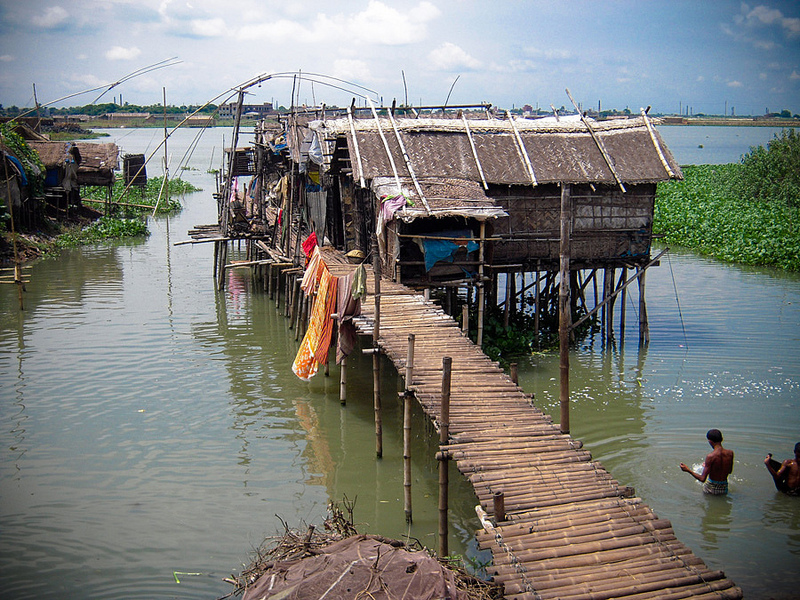Blog Posts

Blog Posts
Blog
Using video to communicate evaluation results
As part of a mid-term evaluation for the Africa Climate Change Resilience Alliance project (ACCRA), we faced challenges in communicating the evaluation…
Starting a new Climate-Eval study: Guidelines for climate mitigation evaluation
Last year, there was a lengthy discussion among some members of the community of practice on the possibility of writing guidelines for climate change mitigation evaluations. The preparation of the guidelines is the third Climate-Eval study, and will be conducted in the context of evaluating…
Universal metrics to compare the effectiveness of climate change adaptation projects
 Adaptation to climate change is increasingly…
Adaptation to climate change is increasingly…
Evaluating efforts in energy efficiency: Revisiting a COP17 Durban side event
In cooperation with Climate-Eval, the Global Environmental Facility Evaluation Office (GEF EO) organized the COP17 side event "Energy Efficiency: What works and what doesn't- Lessons from Evaluation" in Durban, South Africa last December 6, 2011. The side event presented evaluation findings of…
Enhancing assessments of forest reserve areas
This World Bank-sponsored TEDx video may be almost two years old, and perhaps the facts presented may be older considering the time to undertake evaluations. Yet the insights it provides to evaluating the effectiveness of protected areas may still remain relevant.
Ken Chomitz, Sr. Adviser…
They never listened to me before
Using participatory video for monitoring and evaluation in community-based adaptation to climate change
It was when the camera was handed over to the community elder that the project came together, because it finally made sense to them. The village committee would now be…
GEF Secretariat, Evaluation Office and the World Bank IEG share lessons in evaluating climate adaptation at the COP17 in Durban
The Global Environment Facility (GEF) Secretariat and Evaluation Office presented initial findings and lessons in evaluating climate adaptation funds, while the World Bank Independent Evaluation Group addressed the link between adaptation and development. However, more questions are also…
Visualizing carbon emissions in buildings
Greenhouse gases are invisible to the naked eye. This lack of visual evidence makes greenhouse gas emissions difficult to comprehend as a root of a problem. In the US, buildings and construction are energy-intensive sectors that contribute to as much as 50% of greenhouse gas emissions.
…
Three free new ADB publications on monitoring and evaluation, climate change and development
The Asian Development Bank recently released its Fall 2011 publications catalogue. Here are three publications most related to M&E of climate change and development. The printed version of the publications is available for a fee, but I have searched the internet and found free downloadable…
Monitoring social and biodiversity impacts of REDD
We seldom cover topics on REDD here at Climate-Eval for its unique and complex nature as a mode of climate mitigation. For this reason, it has grown a life of itself, with its own issues, community of practitioners, approaches and monitoring systems.
REDD is an integral part of climate…






